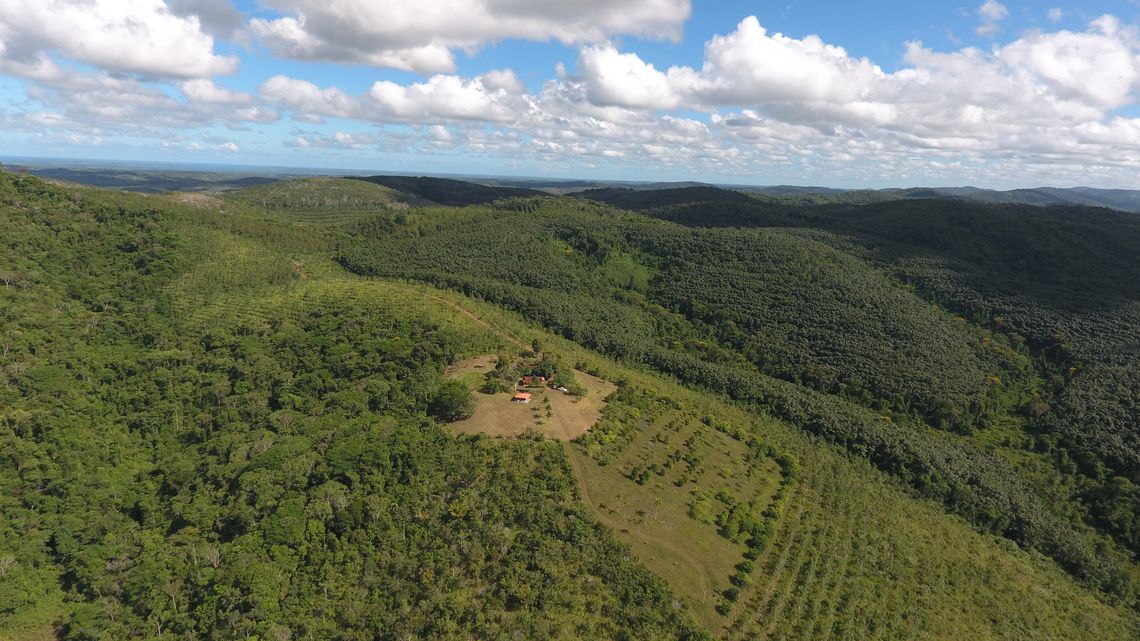Michelin commits to protecting biodiversity
Commitments to combine growth with biodiversity protection
Michelin’s commitments for biodiversity by 2030
An active engagement in the preservation of flora and fauna
Furthermore, the Group is involved in agronomic research and in several major projects to preserve and restore rainforests.
*The Group's commitment to sustainable natural rubber specifically defines the conditions under which this material is used, both in terms of environmental concerns (zero deforestation, sanctuary of HCV (High Conservation Value), HCS (High Carbon Stock) and peatland areas, and in social and human rights ones (working conditions, free, prior and informed consent of the local populations.


Michelin, a pioneer in sustainable natural rubber
The Group is also the organizer and a founding member of the multi-stakeholder Global Platform for Sustainable Natural Rubber (GPSNR), created in 2018, where it plays a leading role in advancing the entire value chain towards greater social, economic and environmental sustainability.
Michelin, active member of the “Lab Capital Naturel”
Taking a systemic view of these challenges, in 2020, the Group joined the “Lab Capital Naturel”, a laboratory launched by WWF France, which provides the opportunity to explore in depth the Science Based Targets for Nature (SBTN) methodology. SBTN helps companies put natural capital at the heart of the economic model, by outlining a process for organizations to assess and prioritize the impacts their value chain has on nature, to define conservation goals aligned with scientific knowledge, and to implement action plans.
Becoming a shareholder
Join an extraordinary human adventure that began more than 130 years ago with an innovative Group, leader in sustainable development.
Candidates
Do you want a chance to explore the full scope of your potential and contribute to human progress and a more sustainable world?